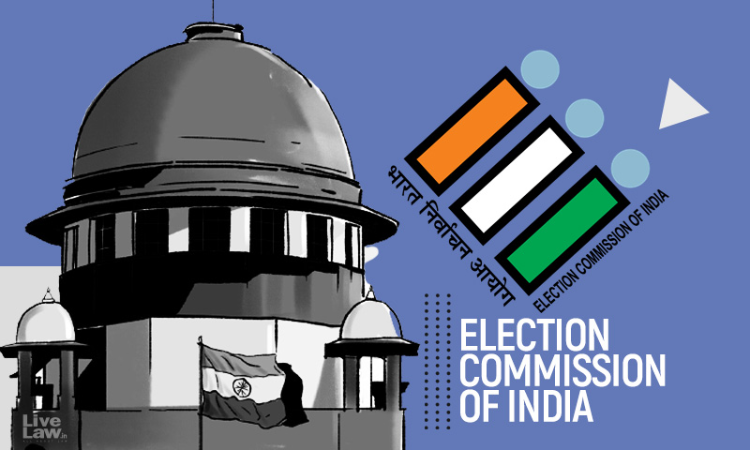Election Freebies Issue: Supreme Court Refers Matter To 3-Judge Bench
Padmakshi Sharma
26 Aug 2022 10:55 AM IST

Next Story
26 Aug 2022 10:55 AM IST
The Supreme Court has referred the issues pertaining to promises made by political parties and election freebies to a three-judge bench.The bench led by CJI NV Ramana observed,"The issues raised by parties require extensive hearing. Certain preliminary hearings need to be determined, such as what is the scope of judicial intervention, whether appointment of expert body by court serve any...
